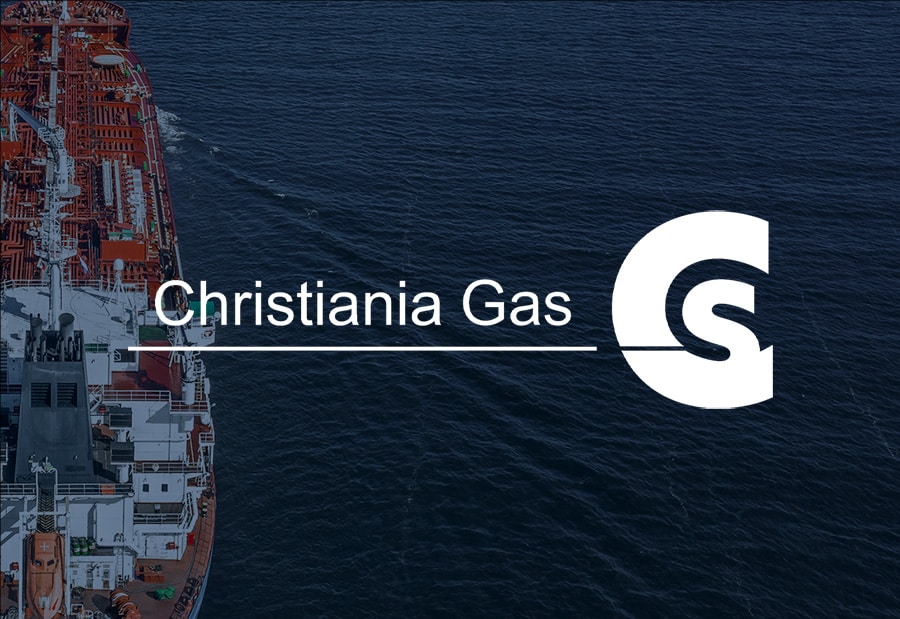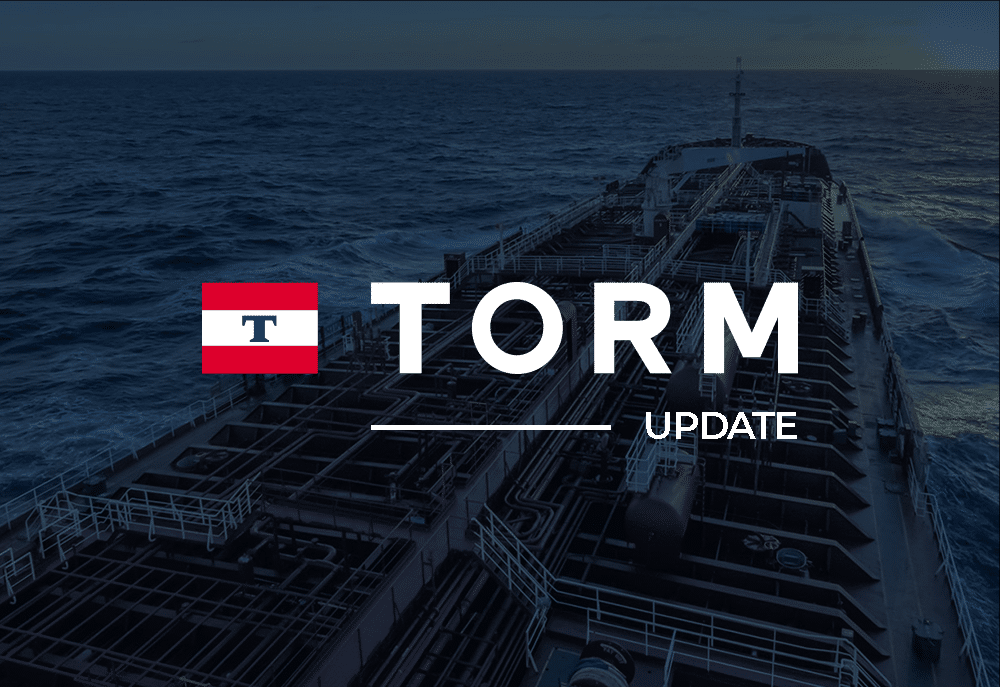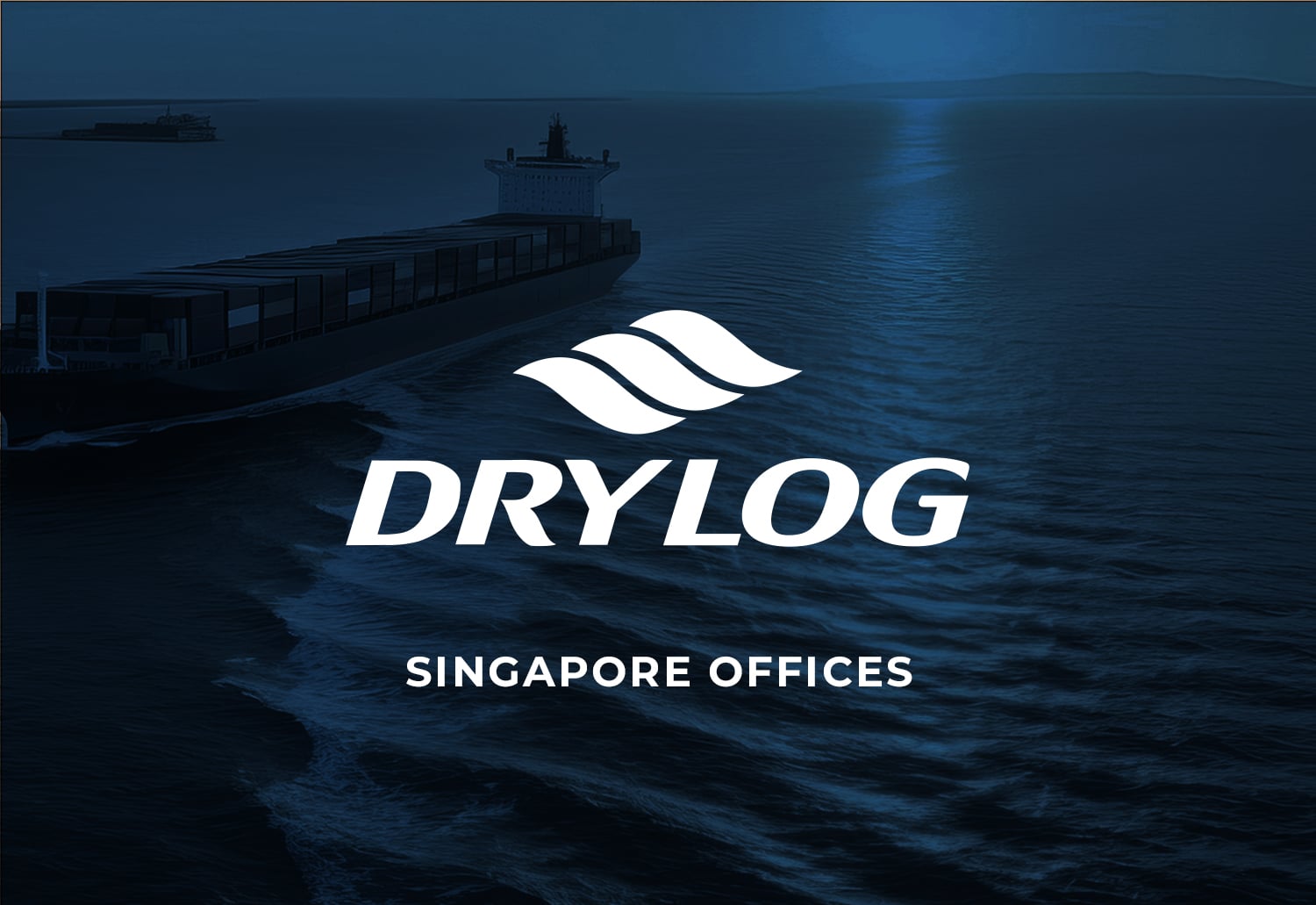The maritime shipping industry remains the heartbeat of global trade. As we sail into 2024, this sector navigates waves of technological disruption, green initiatives, and economic shifts. These changes reshape the operational landscape for maritime shipping companies and significantly impact global supply chains. Here’s an in-depth exploration of the key trends shaping the maritime shipping industry this year.
Embracing Automation in Shipping Operations
Automation and smart technologies are revolutionizing the shipping industry. From fully autonomous vessels to AI-driven freight routing and port management systems, companies are increasingly turning to technology to enhance efficiency and reduce human error. Robotics and automation are being embraced in various areas, including cargo handling, navigational control, and maintenance.
The Benefits of Automation: Beyond streamlining operations, automation is contributing to a significant reduction in labor costs, making shipping more cost-effective. It also has a crucial function in tackling the labor scarcities that have affected the sector in recent years.
Real-world Examples: In 2024, numerous automated and semi-automated container terminals have been inaugurated worldwide. These terminals feature heightened throughput, operate around the clock, and have enhanced safety standards.
Enhancing Energy Efficiency in Shipping Through Green Initiatives
Global shipping regulators, including the International Maritime Organization, have implemented measures such as the “IMO 2020” regulation to reduce greenhouse gas emissions, as reported by Forbes. New eco-friendly tech like wind-assisted propulsion & LNG-powered ships are also being used to reduce environmental impact in the maritime industry.
Regulatory Pressures: With the International Maritime Organization (IMO) setting ambitious emissions reduction targets through regulations like IMO 2020 and the proposed Carbon Intensity Indicator (CII), shipping companies are increasingly investing in sustainable practices and technologies.
Impact on Operations: While these green technologies require a high initial investment, they promise long-term cost savings and are often accompanied by regulatory and reputational benefits.
Advancement of AI and Data Analytics
AI and data analytics are no longer buzzwords; they are essential tools for companies seeking a competitive edge. Predictive maintenance, route optimization, and demand forecasting are just some of the areas where AI is significantly impacting operational efficiency.
Data-Driven Decision Making: Shipping companies are using advanced analytics to make data-driven decisions that enhance profitability and customer service.
Challenges: The primary challenges are data management and privacy, especially with the increase in cyber threats. However, advancements in data protection technologies are addressing these concerns.
Enhancing Maritime Safety Through Robust Cybersecurity
The growing reliance on digital systems has made the maritime industry more susceptible to cyber-attacks. Recognizing this, there is a concerted effort to strengthen cybersecurity measures. Companies are investing in state-of-the-art firewalls and employee training programs and working closely with industry bodies to develop best practices.
Cyber Threats: Recent high-profile cyber-attacks have underscored the need for robust cybersecurity measures. Companies are understanding the importance of having preventive systems in place and rapid response plans to mitigate the impact of any potential breach.
Regulatory Frameworks: International bodies, including the IMO, are working on guidelines to help the industry develop effective cybersecurity approaches. Compliance with these standards is becoming a key consideration for stakeholders.
Impact of Global Economic Factors on Maritime Regulations
Global economic trends deeply influence the maritime sector. This year, geopolitical tensions, fluctuating energy prices, and shifts in consumer demand are playing pivotal roles in shaping the industry’s regulatory environment.
Trade Volatility: The volatile nature of global trade, especially in the wake of recent political events, is prompting a review of trade routes and supply chain strategies.
Policy Changes: Shipping companies are closely monitoring the regulatory landscape to adapt to changing trade agreements, tariffs, and sanctions that can impact their operations and associated costs.
Contact Nordic IT Today to Stay Ahead of the Latest Maritime Shipping Trends
The maritime sector is constantly evolving, emphasizing the importance of companies staying updated on the latest trends to sustain a competitive advantage.
Contact Nordic IT to learn more about how our email platform can help your maritime shipping company stay ahead in this dynamic sector. Our team of experts is prepared to help you navigate the ever-evolving technological landscape of the maritime industry in 2024.
How Nordic IT Helped JoinOcean Cut Costs & Drive Email Productivity
JoinOcean, a prominent ship broker company in China, serves as a prime example of a shipping company that successfully implemented collaborative email software. By partnering with Nordic IT, they seamlessly integrated reMARK into their operations, resulting in enhanced employee productivity.
Throughout the process, we closely collaborated with JoinOcean’s team, providing comprehensive demos, training, and the necessary knowledge to operate reMARK seamlessly. Moreover, we equipped their IT team with the requisite skills to give internal support to other users.
With our collaborative email solution, JoinOcean was able to consolidate its email server into a single server while efficiently managing high volumes of emails. This not only improved employee productivity but also generated substantial cost savings for the company.
Stay on Top of Email & Save Time with Email Collaboration
Why can’t you afford to wait another year for our email software? To start, the time savings provided by reMARK are nearly immediate.
As the number of emails continues to grow, it becomes crucial to establish an optimized structure and efficient workflows earlier on. This proactive approach ensures that your team can answer emails faster, avoid email overload, and attain greater productivity levels.
Contact Nordic IT to Streamline Email Collaboration in 2024 & Beyond
When you’re aware that there are more efficient alternatives available, why wait any longer? Nordic IT has the email solution your business needs to stay ahead of the communication curve and drive productivity while reducing costs. An investment in your email system will streamline communication, boost productivity, and result in significant cost savings. Delaying this decision means losing valuable time and money. So, take action now and reap the benefits in 2024 and beyond.
Start your journey towards improving your email management today. Reach out to Nordic IT to schedule a demo or learn more about reMARK’s email collaboration software.




